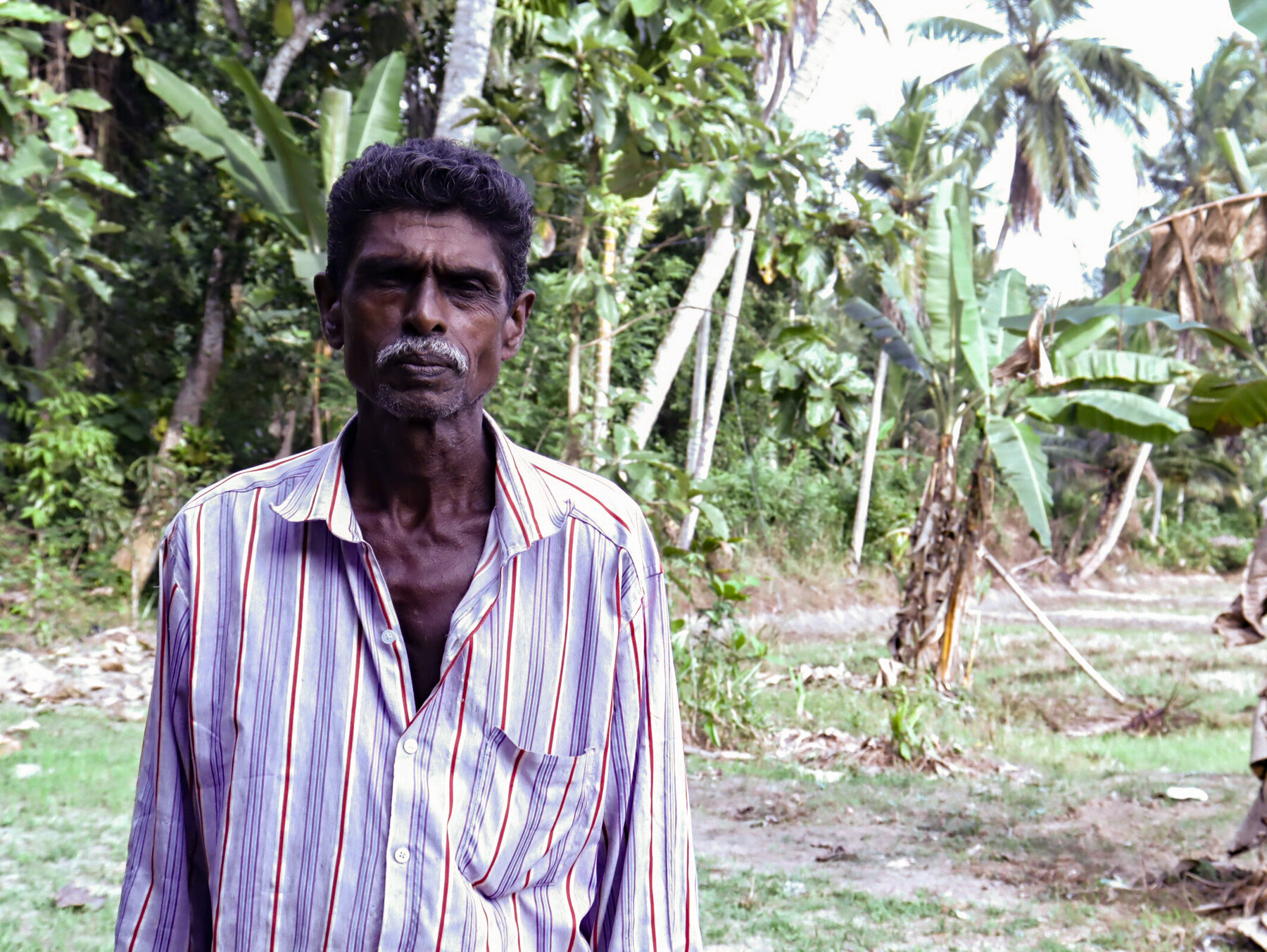Why did the organic farming movement fail in Sri Lanka?
After a day’s hard work in the paddy field, his face beaten by the weather, Chandrasena sits down to talk about his 40 years of experience working as a farmer in paddy farming in Sri Lanka.
Born and raised in a paddy farming family, Chandrasena has faced a variety of troubles, from seasonal pests taking over paddy fields to droughts linked to climate change. But nothing damaged his harvest as much as the move to organic farming forced by the government in 2022.
“There have been numerous policies, good and bad,” he says. “But one of the policies that went wrong for paddy farmers in the recent past, which made us destitute, is the previous government’s decision to ban the import of chemical fertiliser.”
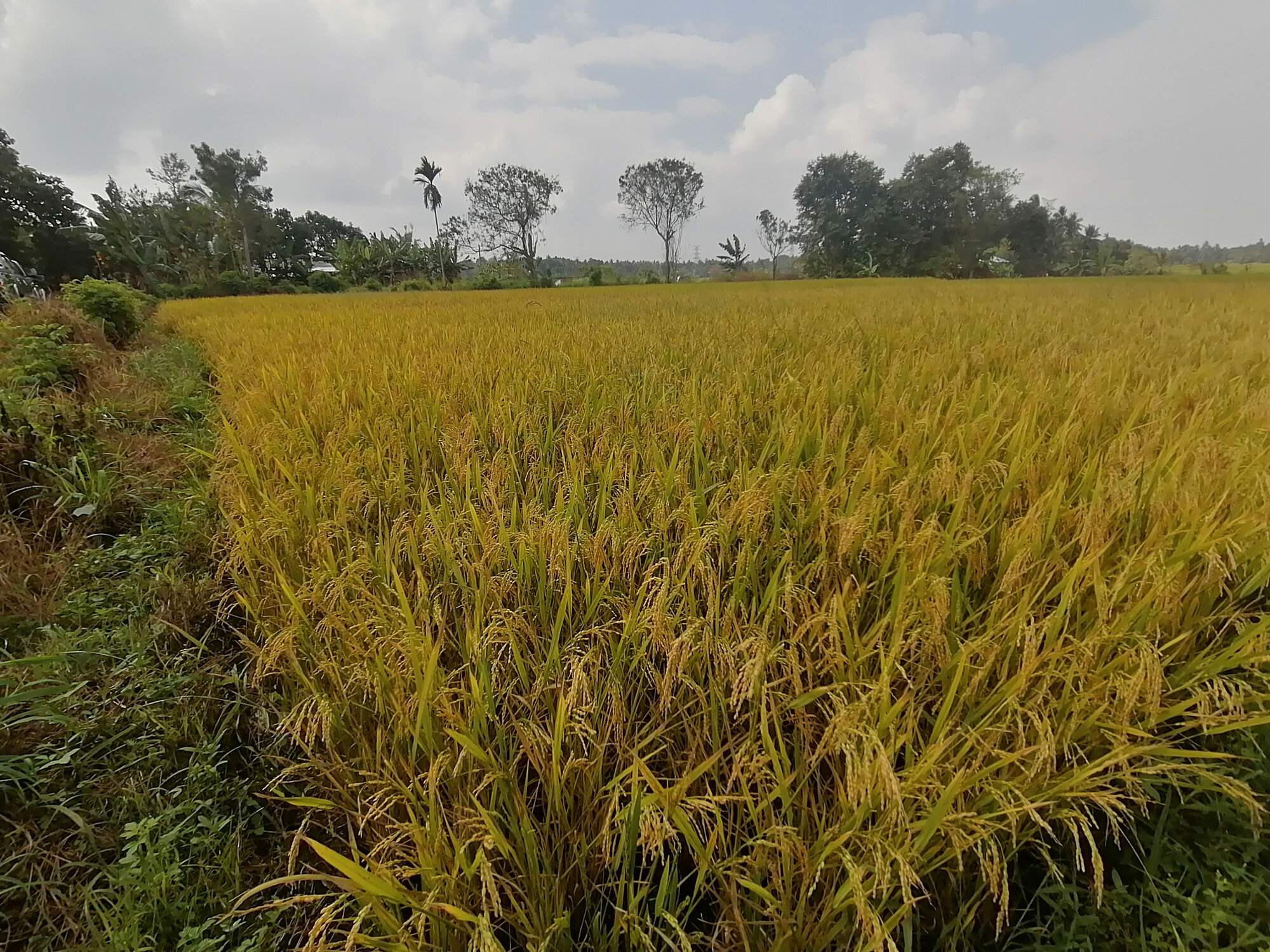
In 2021, Sri Lanka paddy farming collapsed when former President Gotabaya Rajapaksha decided to switch from chemical to organic fertiliser overnight.
In a statement, the President said that the negative consequences caused by chemical fertilisers on human lives through the pollution of lakes, canals and groundwater outweigh their profit. The health sector pointed out that the effects of chemical fertilisers have led to a number of non-communicable diseases, including kidney diseases, which went a long way to justify the ban on chemicals.
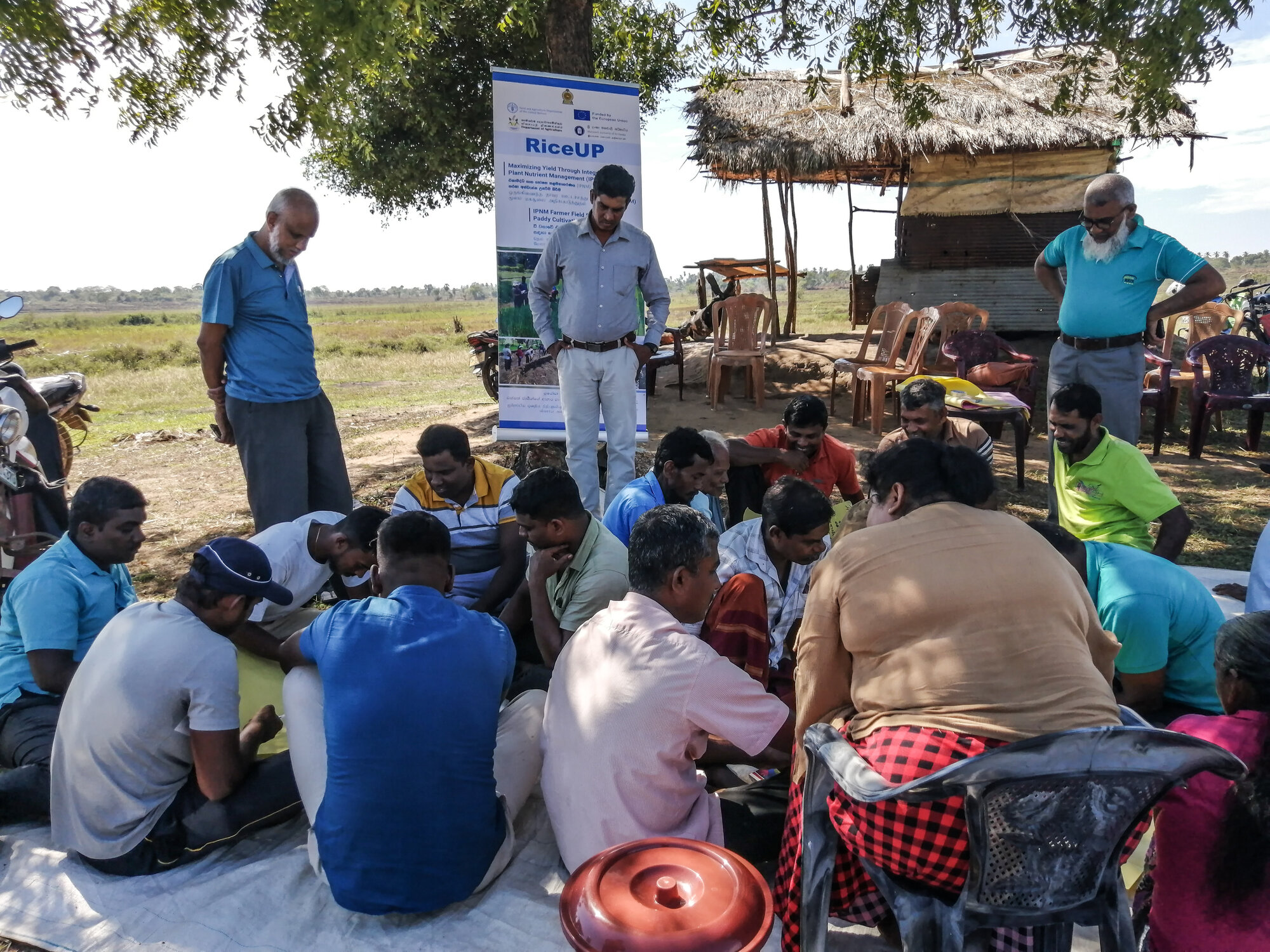
It was not a secret that farmers in Sri Lanka use excessive amounts of chemical fertilisers, destroying soil fertility and increasing soil acidity. But the change was too sudden and too extreme. Chandrasena says that the sudden ban on chemical fertilisers, combined with an absence of proper guidance on the use of organic fertilisers, was disastrous. The farmers just did not have the knowledge and skill required to make the proposed transition, so the price of the remaining chemical fertiliser stocks skyrocketed. The supply of organic fertiliser was so limited that farmers found it difficult to acquire it.
“We faced many difficulties during the chemical fertiliser ban,” says Chandrasen. “Our yields were reduced. There was no proper method to guide us on organic farming. And there was not enough organic fertiliser available on the market.”
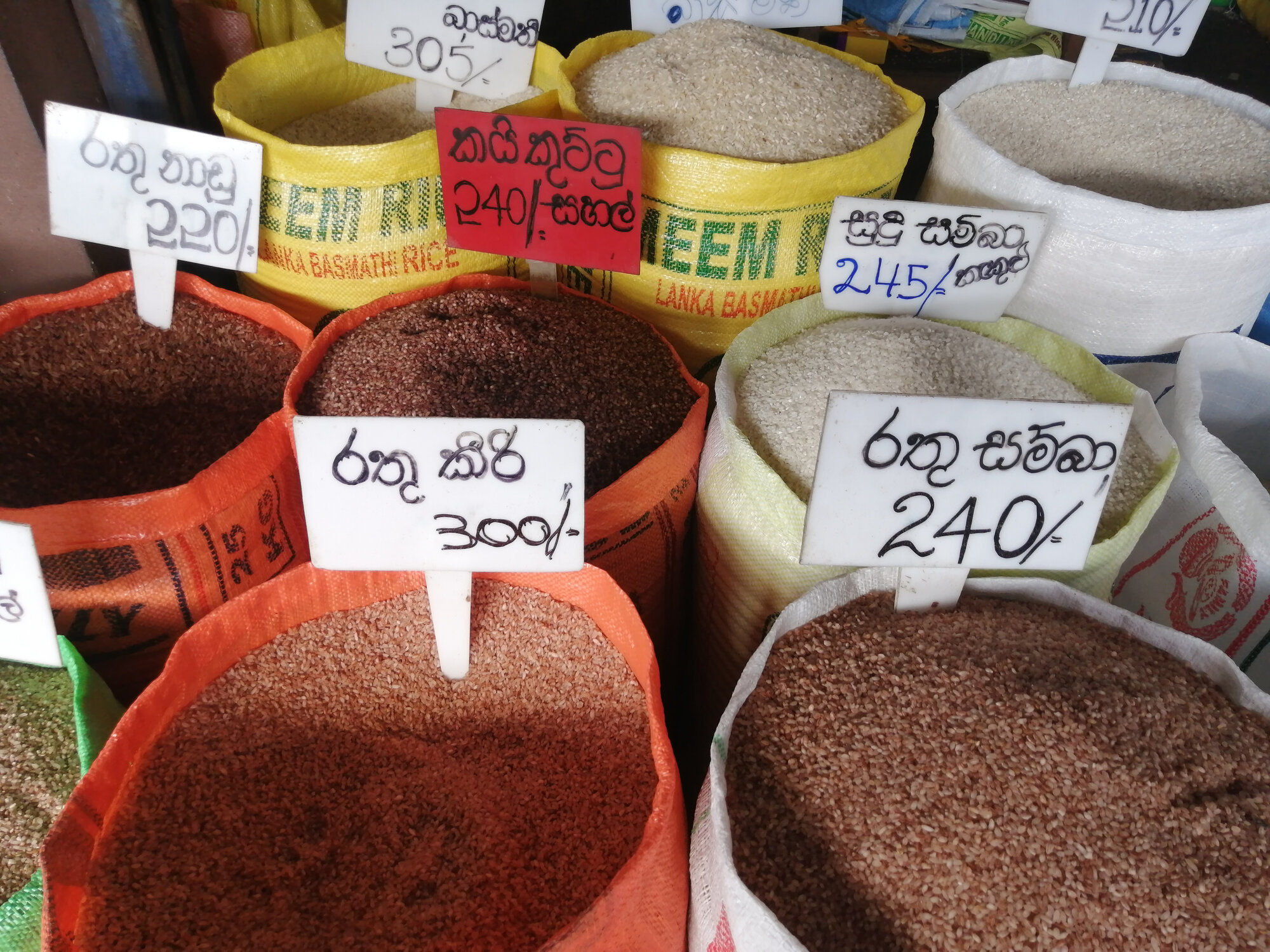
According to a U.S. Department of Agriculture report, rice production dropped to 2.57 million metric tons (MMT) in 2021/22, down from 4.4 million metric tons in the year before. The government had to import rice from abroad to avoid a food crisis in the country. More than 800,000 metric tons of rice were imported to Sri Lanka, costing US$400m. Other food crops also had to be imported. Then inflation, coupled with a lack of foreign reserves, led the government to default on its debts. Soon Sri Lanka’s farmers, as well as the general public, were on the streets protesting.
“Before the [chemical fertiliser] ban, we were almost self-sufficient in rice and other vegetables. There was an efficient agriculture system in the country,” said Integrated Plant Nutrient Management (IPNM) specialist Dr. Priyantha Weerasinghe, an expert on sustainable farming practices. “The main reason why organic farming failed in Sri Lanka is the way it was implemented. Going for a total change led to anticipated failure.”
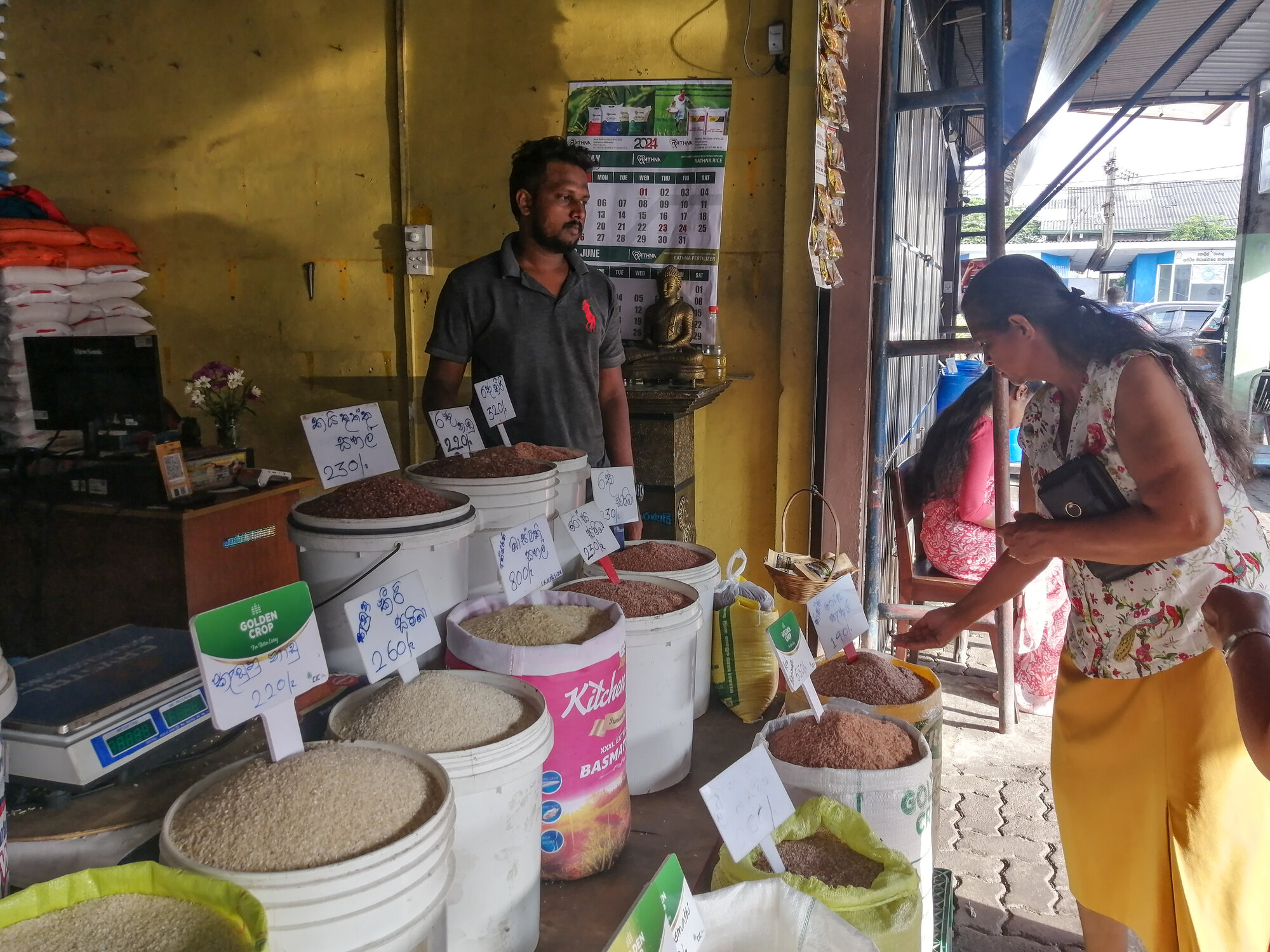
Now, international agencies like the European Union (EU), World Bank and U.S. Agency for International Development are funding multiple projects aimed at educating farmers and other stakeholders in the agricultural sector in alternative sustainable farming practices. One such example is the EU’s 4 million euro project, RiceUP, which ensures efficient fertiliser use and soil management through IPNM practices and was implemented by FAO in partnership with the government of Sri Lanka. This means that farmers employ less chemical fertiliser by using both chemical and organic fertilisers.
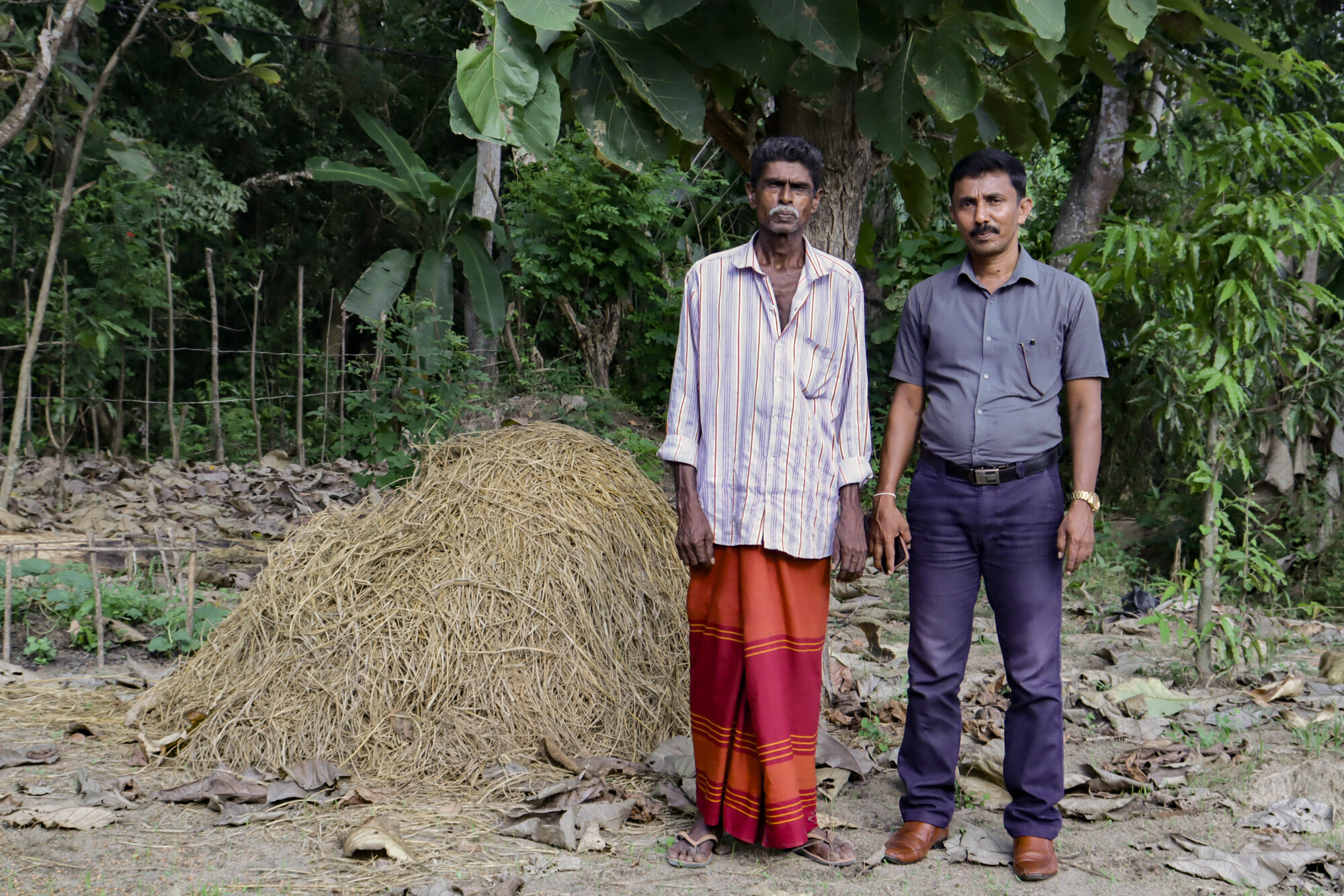
Chandrasena is one of the lucky farmers who benefitted from this initiative. He has seen an increase of over 300 kilograms of rice from each acre of his paddy field, a 25 per cent increase from the 1,200 kilograms previously harvested. He says that the harvest could have been further increased if not for the rainy weather conditions which reduced the yield.
Chandrasena still supplements his income with daily wage jobs, but he is now optimistic about the future of paddy farming and wants to get his son involved. “My son is employed, but supports my farming as much as possible; hopefully, he will continue to cultivate paddy farming in the future.”


